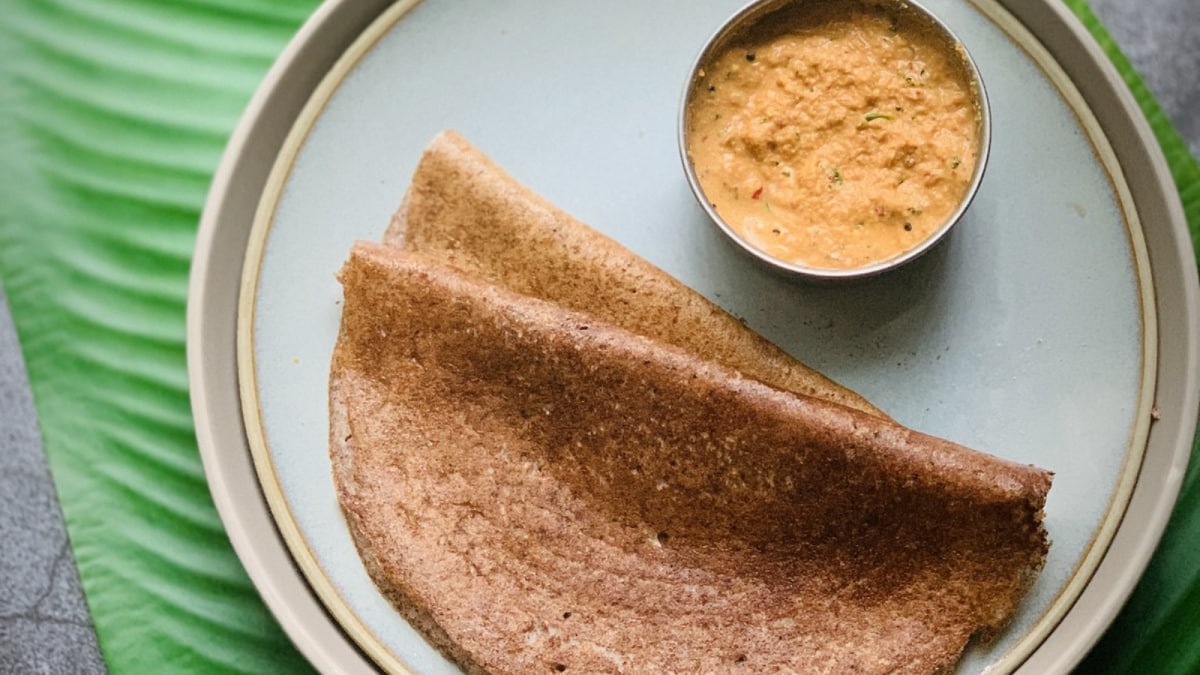Last Updated:
Is gluten-free always the answer for IBS? Learn who benefits, potential risks, and how to manage symptoms effectively.

Diet plays a crucial role in triggering these symptoms, and certain dietary strategies, like the low FODMAP diet, have become increasingly popular for managing IBS.
IBS (Irritable Bowel Syndrome) affects around 20–25% of the population, causing symptoms such as abdominal pain, bloating, cramping, and changes in bowel habits. Some people experience predominantly diarrhea, while others struggle with constipation. Diet plays a crucial role in triggering these symptoms, and certain dietary strategies, like the low FODMAP diet, have become increasingly popular for managing IBS.
Dr. Sambit Kumar Bhuyan, Consultant Medical Gastroenterologist, Manipal Hospital Bhubaneswar, explains that while a gluten-free diet (GFD) is often discussed in relation to IBS, it is not a universal solution. Gluten, a protein found in wheat, barley, and rye, can trigger an immune response in some individuals, causing inflammation and increased intestinal permeability. For these patients, removing gluten can reduce symptoms like gas, bloating, constipation, and diarrhea.
A gluten-free diet can also lower FODMAP intake, as gluten-rich foods often contain high levels of fructans, which ferment in the gut and contribute to bloating and discomfort. However, research suggests that only certain IBS patients such as those with post-infective IBS, non-celiac gluten sensitivity, or coexisting celiac disease truly benefit from a gluten-free approach.
Long-term adherence to a gluten-free diet carries potential risks, including nutritional deficiencies (fiber, iron, B vitamins, vitamin D, calcium) and weight changes. For most IBS patients, strict gluten avoidance is unnecessary and may even create additional health concerns.
Key Takeaways for IBS and Gluten:
Not all IBS patients need a gluten-free diet.
Post-infective IBS, celiac disease, and non-celiac gluten sensitivity are exceptions.
Combining a low FODMAP approach with gluten restriction may benefit specific individuals.
Always consider nutritional balance and long-term health before eliminating gluten.
Understanding which foods trigger your symptoms and working with a healthcare professional can help you tailor your diet effectively. For most people with IBS, moderation, mindfulness, and individualized dietary strategies not strict gluten avoidance are the keys to feeling better.

Swati Chaturvedi, a seasoned media and journalism aficionado with over 10 years of expertise, is not just a storyteller; she’s a weaver of wit and wisdom in the digital landscape. As a key figure in News18 Engl…Read More
Swati Chaturvedi, a seasoned media and journalism aficionado with over 10 years of expertise, is not just a storyteller; she’s a weaver of wit and wisdom in the digital landscape. As a key figure in News18 Engl… Read More
September 21, 2025, 11:38 IST


